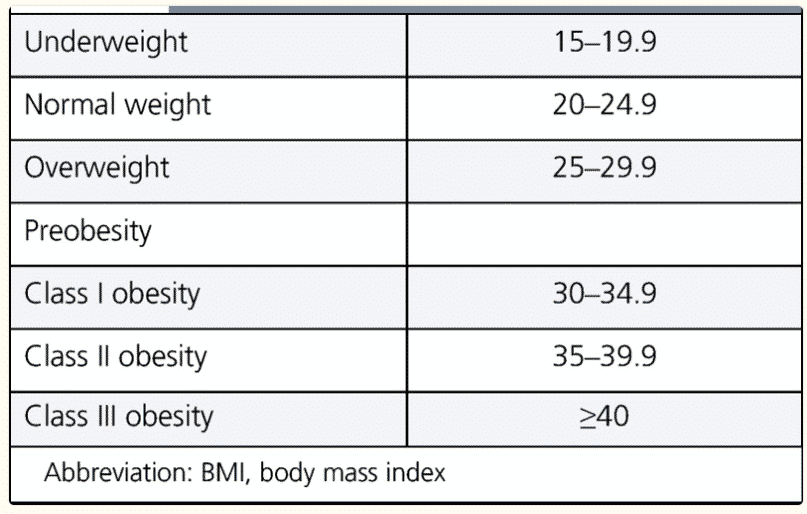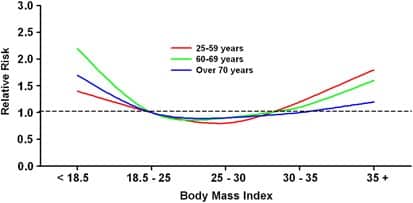
Is BMI Important??
We see BMI used as an assessment tool for indicating health for the general public but is it important to be in a “normal” range? Is BMI accurate for depicting health status? Is it important to use BMI when talking about healthy a person is? Let’s talk about it!
What is BMI?
- Body Mass Index
- Height to weight ratio
- Interpreted as someone’s “fatness”
- Considered to determine risk factors
- Also used for public policy
- Assessed as measuring overall health
- Developed by statistician in 1700’s
- Concept of social averages for population
WOW! That’s a lot of information determined by a couple of numbers. Also the creator of BMI- like I mentioned it was a statistician but the BMI was developed as a way of measuring populations, not individuals — and it was designed for the purposes of statistics, not individual health. It actually never intended as a measure of individual body fat, build, or health.
In the 1970’s a researcher sought out the most effective of medicine’s existing measures of body fat, that would be both easy and cost-effective enough for regular office visits. By 1985, the National Institutes of Health had revised their definition of “obesity” to be tied to individual patients’ BMIs. (And in the late 1990’s ranges were increased- an adjustment that caused people to become overweight overnight).

Why is BMI Important? Or not important?
One of the many problems of BMI as an index of obesity is that it does not differentiate between body lean mass and body fat mass, meaning a person can have a high BMI but still have a very low fat mass and vice versa. There are plenty of people I personally know that have a higher BMI than myself and are healthier, and plenty of smaller people that are less healthy.
Women’s body fat percentage is supposed to be higher than men’s yet the same measurement scale is used. Plus BTW the whole invention of BMI was designed using white men. While I don’t correlate fatness with health it’s still important to point out that BMI is missing the calculation of lean body mass and location of body fat.
Associations between BMI and mortality were J-shaped for all-cause, communicable, and non-communicable disease mortality- as seen in the chart below being underweight is just as “dangerous” as being overweight.

Does BMI accurately indicate health status?
Health is based on many factors including physical, social, spiritual, occupational, emotional, and intellectual aspects. You cannot define health by a number on the scale or size of your jeans.
Studies show that healthy behaviors, regardless of weight, reduce your risk of disease. You can control behaviors, not your weight. So when I work with clients I encourage them to focus on behaviors- eating more veggies, trying a new exercise, getting more sleep, reducing stress, etc.
What can we actually use to measure health status instead of BMI or body weight?
- Lipid Panel
- Hemoglobin A1C
- Blood pressure and heart rate
- Nutritional intake
- Physical activity
- Body image
- Self-esteem/mental health

Conclusion of is BMI Important?
In one word, no, not really. Weight, BMI, etc. will not determine health. How you think and feel about your body is much more important than the size of your body and weight stigma is a real concern many dietitian see from primary care providers and other doctors.
If BMI is important to your provider I would ask them why? Ask them what other data driven measures do they use to indicate health. Challenge them to give medical advice regardless of body size. And if they can’t do this- you need a new doctor. As I’ve shared I’m a non-diet focused weight inclusive dietitian so make sure you have one of those on your team as well.
If you are interested in improving health without focusing on weight loss let’s chat! Follow this link to book your FREE discovery call!



Pingback: Is BMI Important? | Diet & Nutrition